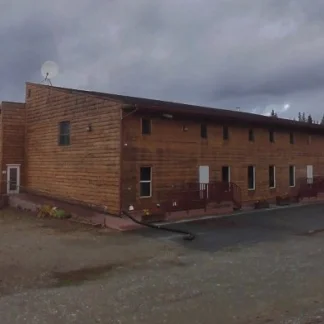Seven Secrets Counseling & Social Skills
North Pole, Alaska, 2515 Mission Road, 99705
Available Programs
- Adult program
- Program for men
- Program for women
- Young adult program
Insurance and Financial
- Self-pay options
- Private insurance
- Military insurance
About this Facility
Seven Secrets Counseling & Social Skills provides mental and behavioral health care for youth and adults in North Pole, Alaska. Specialized programming is available for adolescents, young adults, and persons with co-occurring addiction and mental illness. Their services include general outpatient programs (OP) and aftercare planning and support.
Outpatient Their outpatient programs are designed for clients who are medically stable and do not require around-the-clock clinical supervision, including those who have complete inpatient treatment. Clients receive medical and mental health assessments, personalized care plans, and complete case management. Referrals for acute and subacute inpatient care are available as needed. Clients also engage in intensive individual, group, and family counseling and robust, recovery-focused life-skills training. Treatment addresses topics such as coping, self-care, wellness, and relapse prevention. An array of evidence-based complementary therapies is available, including wilderness therapy, recreational therapy, and experiential therapy.
Aftercare Their aftercare programs provide a complete continuum of care aligned with clients’ evolving needs. These services may include housing and employment assistance, academic and vocational training, step-down support, and referrals for additional medical, mental health, and social services.
Accreditation Seven Secrets Counseling & Social Skills is licensed by the state of Alaska and accredited by CARF.
Insurance Seven Secrets Counseling & Social Skills works with most major insurance providers, such as Cigna, Humana, Aetna, and BlueCross BlueShield. Contact your provider to verify coverage, because out of network benefits can vary. Financial assistance is available.
Contact us for more information: (907) 488-4561

Contact Seven Secrets Counseling & Social Skills
Connect with Seven Secrets Counseling & Social Skills by calling their admissions team directly.
(907) 488-4561 Website Get Directions